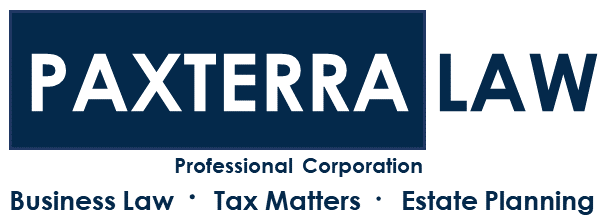ARTICLE:
On September 18, 2019, California enacted AB5 into law. If you have not been keeping up, AB5 targets businesses that use independent contractors to help support their operations. On January 1, 2020, all persons working for a business are presumed employees unless the owner can proveotherwise. More importantly, the law provides the ability for city attorneys and state attorneys tofi le suit against businesses they believe to be in violation of the law.
The ABC Test
AB5 has its roots in a case decided by the California Supreme Court in called Dynamex Operations West, Inc. v. Los Angeles Superior Court (2018) 4Cal.5th 903. In that case, the Court determined that a person is presumed an employee unless they meet all three of the following tests:
(A) The person is independent of the hiring organization in connection with the performance of the work, both under the contract for the performance of the work and in fact.
(B) The person performs work that is outside the usual course of the hiring entity’s business.
(C) The person is customarily engaged in an independently established trade, occupation, orbusiness of the same nature as that involved in the work performed.
If any of the three prongs are not met, then the person would have to be hired as a W-2 employeeand the business owner would have to meet all payroll requirements for that individual. For example, if they are presently working as a receptionist on a part time basis for several clothing manufacturers as a “independent contractor” receiving 1099 forms for tax purposes, you would likely be considered a W-2 employee starting January 1, 2020 because you are technically involved with work within the scope of business.
How Does This Affect Me?
For independent contractors who have enjoyed the freedom to engage in various projects, theymay now have to evaluate whether the work they perform are truly outside the scope of the business they have a contract with, or if they should start a discussion about becoming an employee. As the legislature has spelled out, nothing prevents a person from working multiple parttime jobs.
For entrepreneurs, there will likely be an increased cost with doing business given that they willhave to include payroll costs for a potentially new employee.
The Six General Categories of Exemptions
AB5 does off er six general categories of potential independent contractors: specific licensed professionals (insurers, medical healthcare providers, CPAs, and attorneys as a few examples); those offering specified professional services (examples: marketing, human resource administration, graphic designer); licensed real estate professionals; persons who are bona fide business to business; construction contractors; and referral agencies and their service providers so long as certain conditions are met*. The addition of AB-2257 allows additional exemptions for certain classes of independent contractors working in the entertainment industry.
Those who fall into the exemption will still have to meet the prior less stringent Borello (S. G. Borello & Sons, Inc. v. Department of Industrial Relations (1989) 48 Cal.3d 341) standard to establish that they qualify as independent contractors and would require further legal analysis for the business owner as they are considered on a case by case basis by the regulatory authority.
Are There Solutions?
There are some potential solutions. It does require careful analysis of the facts and circumstances for the work relationship. It is often best to engage an attorney to help navigate the pros and cons of such a decision and for the parties involved to discuss the best arrangement available.
Conclusions
While the Supreme Court noted in their holdings that the findings in Dynamex was to ensure that workers in the present economy were given fairer opportunities in the workplace, the wide ranging net that has been cast has significantly affected many businesses that have relied on the ability to have independent contractors to support their operations. Some limited changes have been enacted with AB-2257. Proposition 22 passed in November 2020 has provided some exemptions to ride hail/food delivery services (Uber, etc.) to exclude them under AB-5 requirements.
We will update this issue once the matter becomes clearer.
* Please note the presented categories are not exhaustive. We direct your to AB-5 and AB-2257 legislation for more information.
All articles presented on this website are considered general information should not be construed as legal advice. No attorney/client relationship is established or intended from simply reading this article.
Address
1055 E. Colorado Blvd, Ste 500 Pasadena, CA 91106Phone
213.878.2628
advisor@paxterralaw.com
